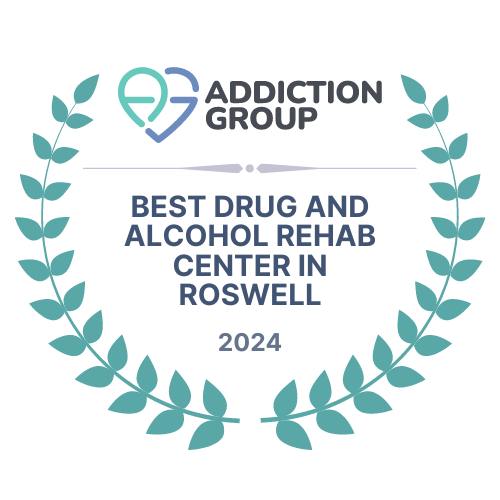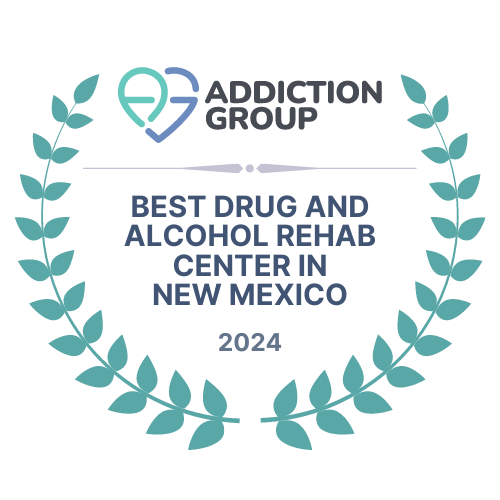Shame and guilt are common emotions experienced by individuals in addiction recovery. These feelings can be overwhelming and hinder the recovery process if not addressed effectively. Overcoming shame and guilt is essential for healing, building self-esteem, and maintaining long-term sobriety. This comprehensive guide explores the nature of shame and guilt, their impact on recovery, and practical strategies for overcoming these emotions. By addressing shame and guilt, individuals can move forward with confidence and strength on their recovery journey.
Understanding Shame and Guilt
Shame and guilt, though often used interchangeably, are distinct emotions that affect individuals differently:
- Guilt: Guilt arises from specific actions or behaviors that an individual perceives as wrong or harmful. It is a feeling of remorse or regret for having done something that goes against one’s values or moral standards. Guilt can be constructive when it leads to making amends and positive changes.
- Shame: Shame, on the other hand, is a more pervasive and internalized emotion. It involves feeling unworthy, flawed, or inherently bad. Unlike guilt, which is related to actions, shame affects one’s sense of self and can be deeply damaging to self-esteem and identity.
The Impact of Shame and Guilt on Recovery
Shame and guilt can have a profound impact on the recovery process:
- Emotional Distress: Persistent feelings of shame and guilt can lead to emotional distress, including depression, anxiety, and low self-esteem. These emotions can be significant triggers for relapse.
- Isolation: Shame often leads to social withdrawal and isolation, as individuals may fear judgment and rejection from others. This isolation can hinder the development of a supportive recovery network.
- Self-Sabotage: Individuals struggling with shame and guilt may engage in self-sabotaging behaviors, such as avoiding treatment, rejecting support, or engaging in negative self-talk.
- Relapse Risk: Unresolved shame and guilt can increase the risk of relapse, as individuals may use substances to numb these painful emotions or as a way to punish themselves.
Strategies for Overcoming Shame and Guilt
Addressing and overcoming shame and guilt is crucial for successful recovery. Here are some practical strategies:
- Acknowledge and Accept Emotions: The first step in overcoming shame and guilt is to acknowledge and accept these emotions without judgment. Recognize that these feelings are a natural part of the recovery process and do not define your worth.
- Seek Therapy and Counseling: Professional therapy can provide a safe space to explore and address feelings of shame and guilt. Cognitive Behavioral Therapy (CBT), Dialectical Behavior Therapy (DBT), and trauma-focused therapies are particularly effective in addressing these emotions.
- Practice Self-Compassion: Cultivate self-compassion by treating yourself with the same kindness and understanding that you would offer to a friend. Recognize that everyone makes mistakes and that recovery is a journey of growth and learning.
- Make Amends: If guilt stems from specific actions or behaviors, take steps to make amends where possible. Apologize to those you may have hurt and take responsibility for your actions. Making amends can provide a sense of closure and relief.
- Reframe Negative Thoughts: Challenge and reframe negative thoughts associated with shame and guilt. Instead of focusing on past mistakes, emphasize the positive steps you are taking in your recovery and the progress you have made.
- Build a Support Network: Surround yourself with supportive and understanding individuals who can provide encouragement and validation. Support groups, therapy sessions, and peer networks can offer a sense of community and reduce feelings of isolation.
- Engage in Mindfulness and Meditation: Mindfulness and meditation practices can help you stay present and develop a non-judgmental awareness of your thoughts and emotions. These practices can reduce the intensity of shame and guilt and promote emotional healing.
- Set Realistic Goals: Set realistic and achievable goals for your recovery journey. Celebrate small victories and progress, recognizing that recovery is a gradual process that involves ups and downs.
- Forgive Yourself: Forgiveness is a powerful tool for overcoming shame and guilt. Acknowledge your past mistakes, learn from them, and give yourself permission to move forward without carrying the burden of past actions.
Renew Health’s Approach to Addressing Shame and Guilt
At Renew Health, we understand the impact of shame and guilt on the recovery process. Our comprehensive treatment programs include strategies and support for addressing and overcoming these emotions:
- Individual Therapy: Our therapists provide individualized support to help patients explore and address feelings of shame and guilt. We use evidence-based approaches, such as CBT and DBT, to promote emotional healing and resilience.
- Group Therapy: Group therapy sessions offer a safe and supportive environment for individuals to share their experiences and receive validation from peers. Sharing stories and hearing from others can reduce feelings of isolation and shame.
- Trauma-Informed Care: Many individuals with addiction have experienced trauma, which can contribute to feelings of shame and guilt. Our trauma-informed care approach addresses the underlying trauma and promotes holistic healing.
- Mindfulness and Self-Compassion Workshops: We offer workshops and sessions focused on mindfulness and self-compassion, providing tools and techniques to develop a positive and compassionate mindset.
- Family Counseling: Family counseling sessions help improve communication and understanding within families, addressing any shame or guilt dynamics and fostering a supportive environment for recovery.
Success Stories from Renew Health
The positive impact of addressing shame and guilt is evident in the success stories of our patients. For example, Rachel, who struggled with substance use and deep feelings of shame, found significant relief through individual therapy and mindfulness practices. By working with our therapists to explore her emotions and develop self-compassion, Rachel was able to heal from her past and build a positive and fulfilling life in recovery. Her story highlights the importance of addressing shame and guilt as part of the recovery journey.
Conclusion
Overcoming shame and guilt is essential for healing, building self-esteem, and maintaining long-term sobriety. At Renew Health, we are dedicated to providing the support and resources needed to address these emotions and promote emotional healing. If you or a loved one is struggling with shame and guilt in addiction recovery, reach out to Renew Health. We are here to guide you on the path to healing and a healthier, happier life.









